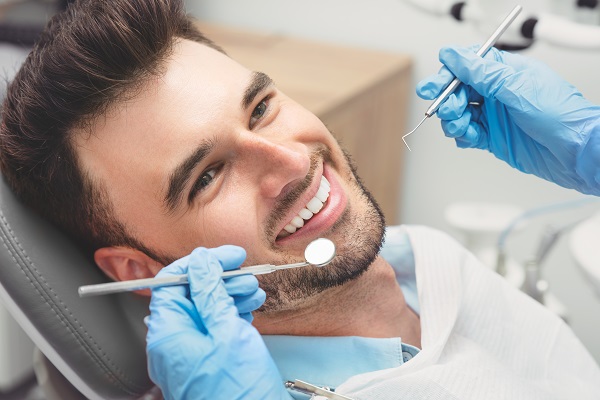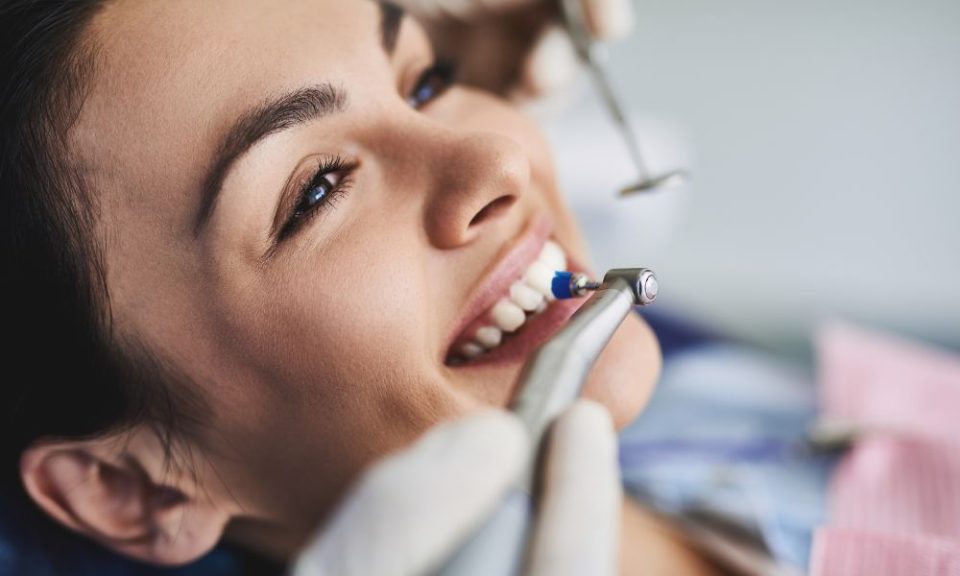Nothing beats having your teeth cleaned by professionals in Aliso Viejo. Your mouth feels fresh as you get out of the chair. Not only the taste of the materials your hygienist used but also the environment in your mouth has changed.
Yes, after every bacteria has been removed, your teeth will feel extremely clean. Because all those germs are pretty sticky, removing them requires patience and concentration. As a result, your teeth or gums may feel a bit sore after the cleaning. For more information on deep dental cleaning, contact a dentist in Aliso Viejo.
What does it mean to have pain after dental cleaning?
Your teeth will feel very different after cleaning. Your teeth feel amazing now that your hygienist removed months’ worth of bacterial accumulation. However, some people claim to be a little uncomfortable or even sore afterward.
It takes more than just an intense tooth brushing to get a professional cleaning. What your toothbrush cannot remove—plaque and tartar buildup—is removed by an extensive cleaning. Bacteria build up in your mouth, creating plaque and tartar; thus, after a cleaning, your mouth will have fewer bacteria overall.
After a cleaning, your teeth and gums may feel sore, much like after receiving a deep tissue massage when your muscles are sore.
When cleaning your teeth, your hygienist gets into spaces that are hard to reach for your toothbrush, dental floss, or waterpik. These are regions where bacteria accumulates and irritates your gums, making them more sensitive to cleaning treatments.
So, how can you reduce the pain after teeth cleaning?
Any tooth sensitivity should go away within a few hours or days if your enamel is in excellent shape.
When your dentin, the delicate yellow layer below the enamel, is exposed, it might cause tooth sensitivity. Anything that comes into contact with your teeth may cause sensitivity, such as sugary or cold drinks. This includes the dental tools you use to brush your teeth.
However, you are unable to go through a painful cleaning if your teeth are sensitive! There are a few things a hygienist can do to help reduce discomfort during your cleaning, as well as things you can do to help reduce sensitivity before your visit.
Before cleaning
Use a remineralizing toothpaste to brush twice a day. These toothpastes help in the regaining of your enamel’s mineral content and close tiny gaps caused by acids that have weakened the calcium and phosphorus that give your enamel its durability. By using toothpaste on a regular basis, you can help your teeth recover lost minerals and lessen sensitivity.
After cleaning

Notify the hygienist that your teeth are sensitive throughout your cleaning! They will be performing specific tasks, such as scaling (also known as washing) your teeth with hot water and doing a pre-polish using a desensitizing paste (similar to a topical anesthetic).
Sore gums after teeth cleaning
After cleaning, even the most dedicated flossers with healthy gums may feel sore. Because of the different forms in your teeth, especially in close proximity of the gum line, your hygienist will continuously locate little pockets of germs in this area and eliminate them.
Your gums may become sore because of irritation and inflammation caused by bacterial buildup at the root of your teeth. Furthermore, delicate gums are more prone to the damaging effects of high-end cleaning tools. The good news is that your cleaning-related pain and bleeding will soon go away.
You have to wait for your dental cleaning if you have gum disease
However, your hygienist will not give you a routine cleaning if you have periodontitis, a later-stage gum disease. Bacteria that have entered deep below the gums and caused infections in the gums and bones that destroy the tissues supporting your teeth is known as periodontitis. If so, you might need periodontal therapy because a routine cleaning will not be enough to remove the infection.
